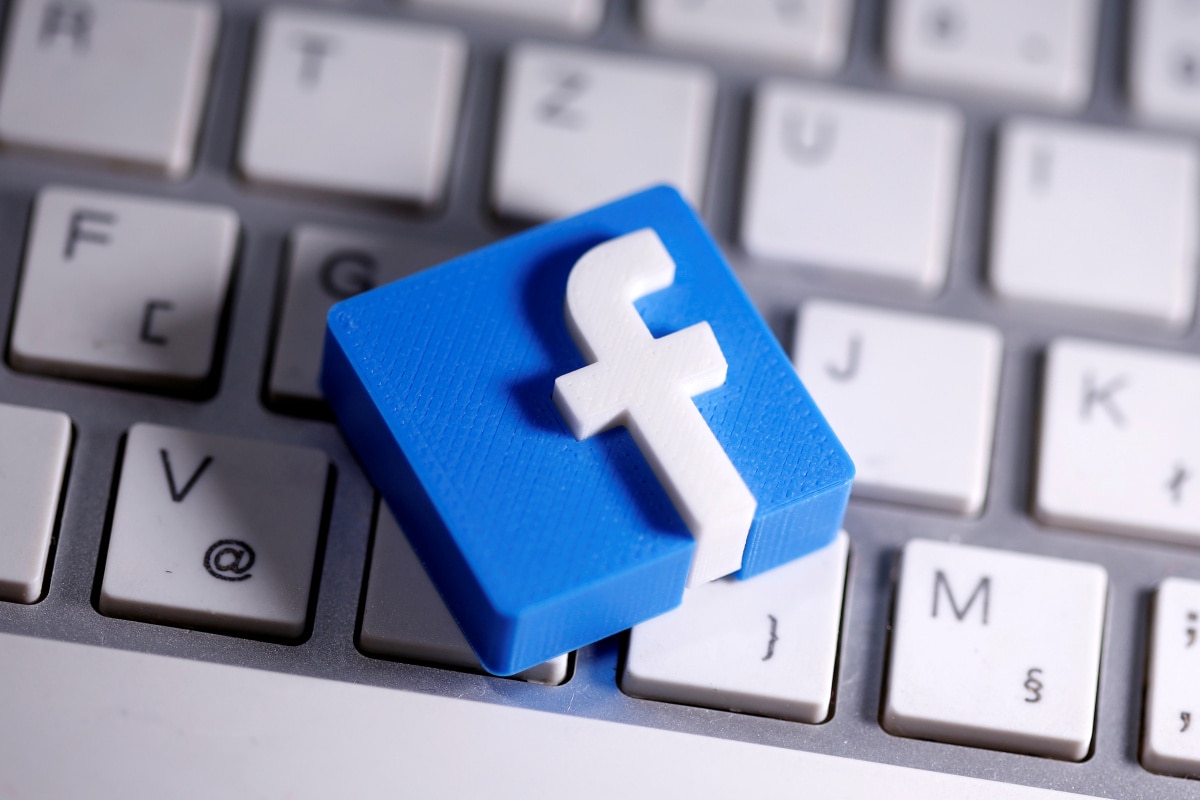Facebook, Twitter, and YouTube may face criminal action in India as they are yet to comply with the norms of the new Intermediary Rules. The new rules by the government were passed in February, though special provisions for “significant social media intermediaries” that have more than 50 lakh registered users are set to come into effect on Wednesday, May 26. The provisions force the key social media platforms to appoint at least three officers for grievance redressal and follow a specific code of conduct that has been criticised over violating the principles of free speech.
People familiar with the matter told NDTV that social media platforms including Twitter, Facebook, and Instagram have not yet complied with the new Intermediary Rules. A Facebook spokesperson told Gadgets 360 that it is currently in discussion with the government on some of the issues.
“We aim to comply with the provisions of the IT rules and continue to discuss a few of the issues which need more engagement with the government,” the spokesperson said in a prepared statement. “Pursuant to the IT Rules, we are working to implement operational processes and improve efficiencies. Facebook remains committed to people’s ability to freely and safely express themselves on our platform.”
However, Twitter declined to comment when contacted by Gadgets 360, and Google did not respond to a request for comment at the time of filing this story.
The Ministry of Electronics and Information Technology (MeitY) and Ministry of Information and Broadcasting jointly introduced the Information Technology (Intermediary Guidelines and Digital Media Ethics Code) Rules 2021 on February 25 to put restrictions on digital platforms. The rules carried a window of three months for significant social media intermediaries that include Facebook, Instagram, Twitter, Twitter, WhatsApp, and YouTube to comply with the special provisions. That window is closing on Tuesday.
The special provisions, which are put together under “additional due diligence” in the rules, require social media platforms with more than 50 lakh registered users to appoint a specific chief compliance officer for ensuring compliance with the Information Technology Act, 2000 and the Intermediaries Rules, a nodal contact person to round-the-clock coordinate with law enforcement agencies, and a resident grievance officer to acknowledge grievances within 24 hours and respond them within 15 days. All three of these officers are required to be Indian residents.
In addition to the three-officer requirement, the social media platforms are required to have a physical contact address in India and must show the contact details of the appointed officers on their websites and apps.
The rules for major social media companies also bound them to enable identification of the first originator of messages shared on their platforms. This particular part has been criticised by the civil society and entities including the Internet Freedom Foundation (IFF) as it could eventually impact the freedom of expression and privacy and weaken end-to-end encryption. The government has stated that platforms “shall not be required to disclose the contents of any message or any other information to the first originator.” However, it could demand for the message circulated by the originator and gain access to the content by using the Information Technology Decryption Rules.
The new provisions also require social media platforms to have automated tools such as artificial intelligence (AI) driven mechanisms to remove objectionable content. Some technology lawyers, however, believe that the platforms could ultimately be driven to use such tools for public surveillance.
Some social media platforms requested the government to extend the timeline for the provisions. Industry bodies including Confederation of Indian Industry (CII) and the Federation of Indian Chambers of Commerce & Industry (FICCI) also asked for an extension of one year for the compliance window. The government, however, did not announce any changes to what it brought in February.
